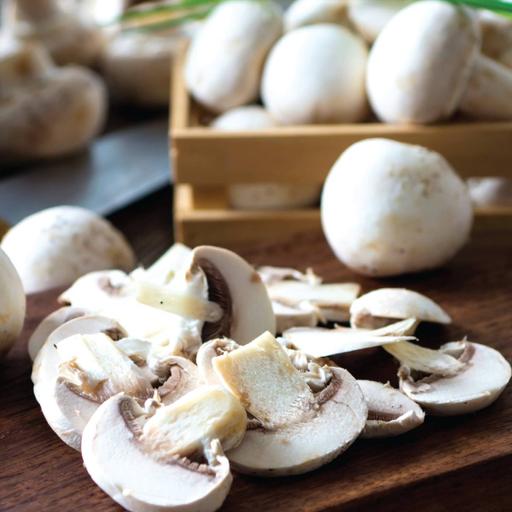Importance of Mushrooms
Mushrooms hold significant importance in various aspects of human life and ecosystems:
1. Nutritional Value:
Many edible mushroom species are rich in essential nutrients such as protein, fiber, vitamins (B vitamins, vitamin D), and minerals (like selenium and potassium). Including mushrooms in the diet can contribute to overall health and well-being.
2. Culinary Diversity:
Mushrooms are valued for their unique flavors, textures, and versatility in cooking. They are used in a wide range of cuisines worldwide, adding depth and complexity to dishes as well as serving as meat substitutes for vegetarians and vegans.
3. Medicinal Properties:
Some mushroom species have been used for centuries in traditional medicine for their potential health benefits. For example, certain mushrooms have demonstrated antioxidant, anti-inflammatory, immune-modulating, and even anticancer properties. Medicinal mushrooms like reishi, shiitake, and lion's mane are gaining attention for their therapeutic potential.
4. Ecosystem Functions:
Mushrooms play crucial roles in ecosystems as decomposers, symbiotic partners with plants, and contributors to soil health. They facilitate nutrient cycling, support plant growth through mycorrhizal associations, and help maintain soil structure and stability.
5. Environmental Sustainability:
Mushrooms offer environmentally sustainable food options. They can be cultivated using various organic waste materials, such as agricultural by-products and forestry residues, reducing waste and environmental pollution. Additionally, mushroom cultivation requires less water and land compared to traditional livestock farming.
6. Bioremediation:
Certain mushroom species have the ability to degrade or absorb harmful pollutants and toxins from the environment through a process called bioremediation. They can help clean up contaminated soil, water, and air, making them valuable allies in environmental restoration efforts.
7. Cultural and Spiritual Significance:
Mushrooms hold cultural and spiritual significance in many societies. They feature prominently in folklore, rituals, and traditional ceremonies, symbolizing fertility, renewal, and connection to nature.
Overall, mushrooms are not only delicious and nutritious food sources but also essential components of healthy ecosystems and sustainable living. Recognizing their importance can lead to greater appreciation and utilization of mushrooms for both human and environmental well-being.

Comments
Post a Comment